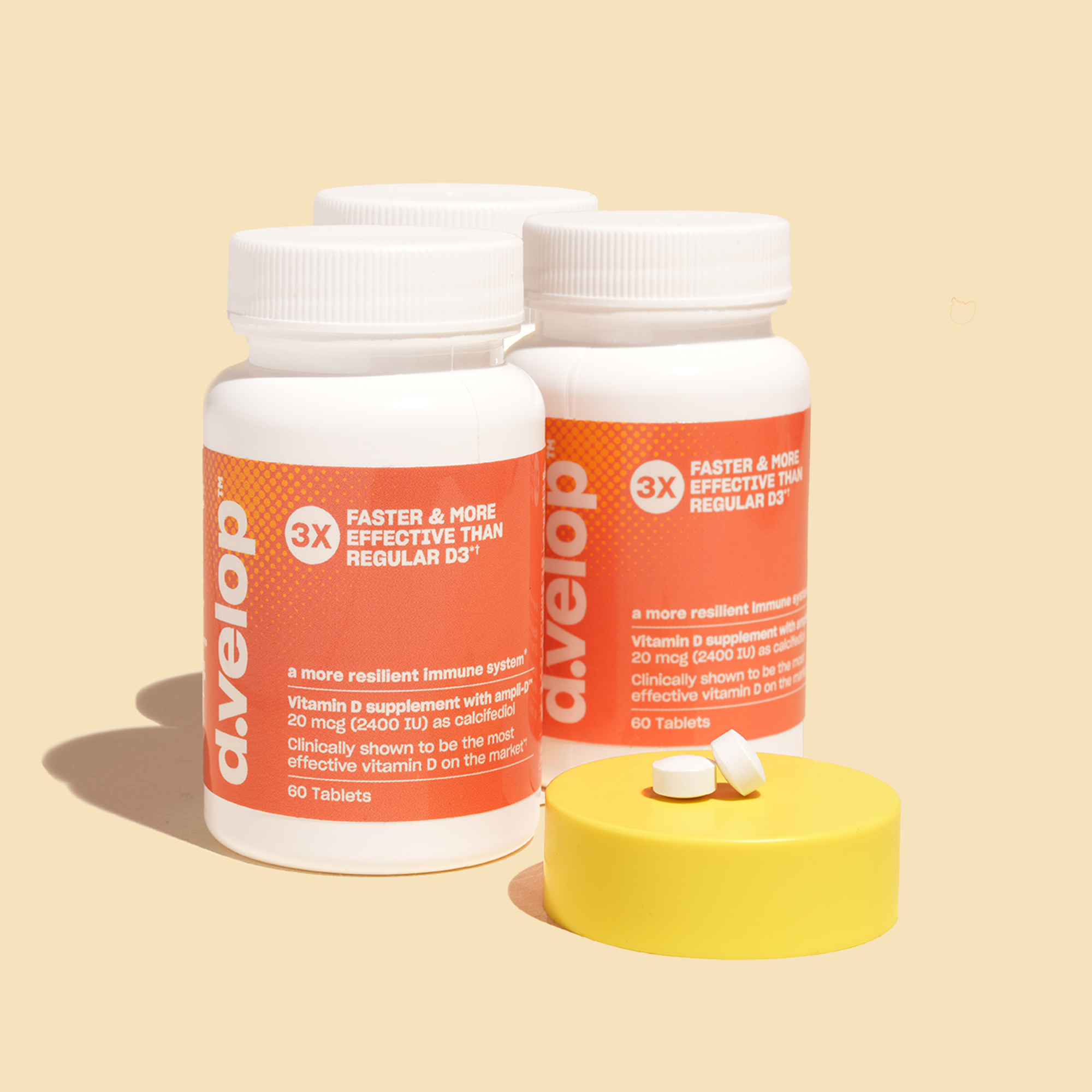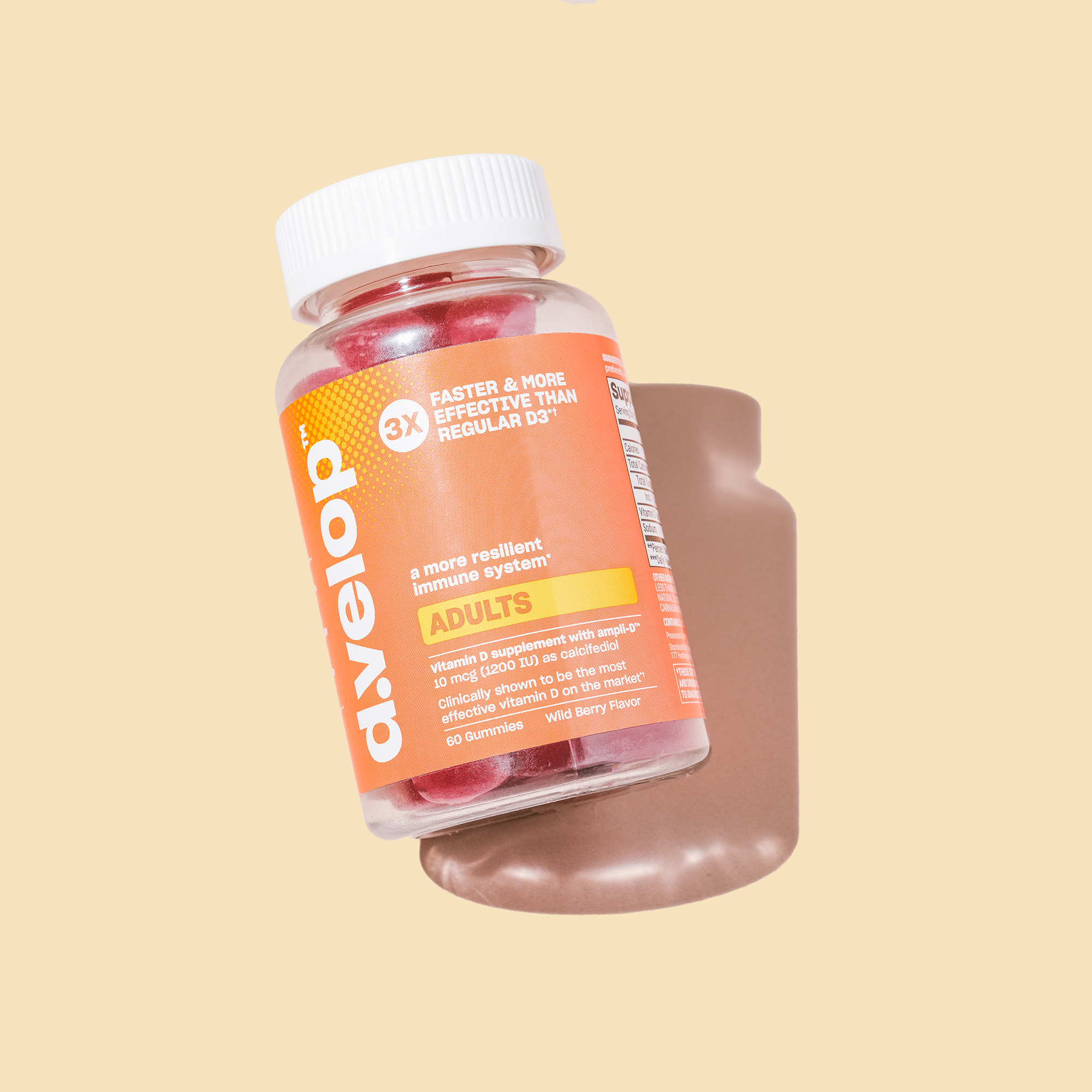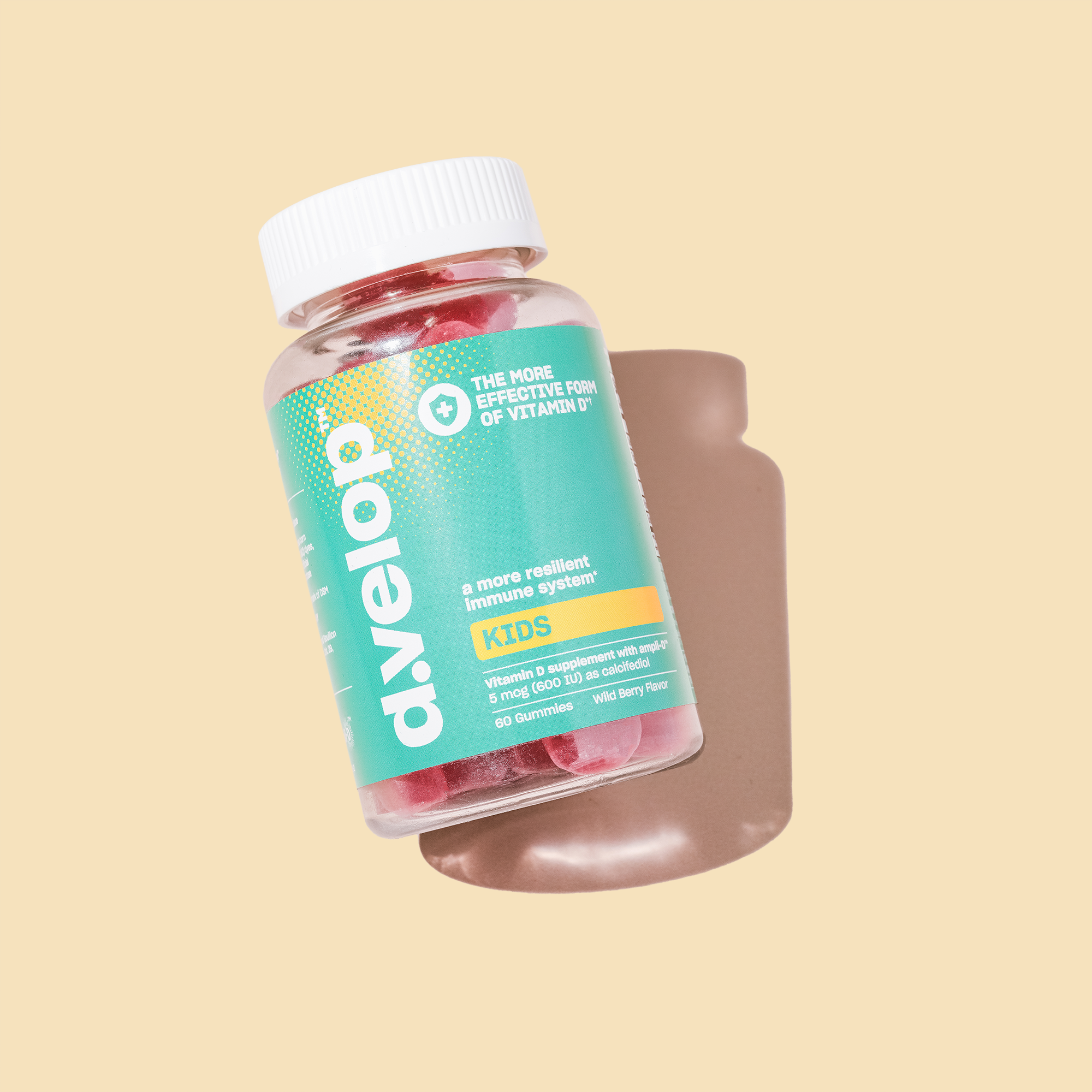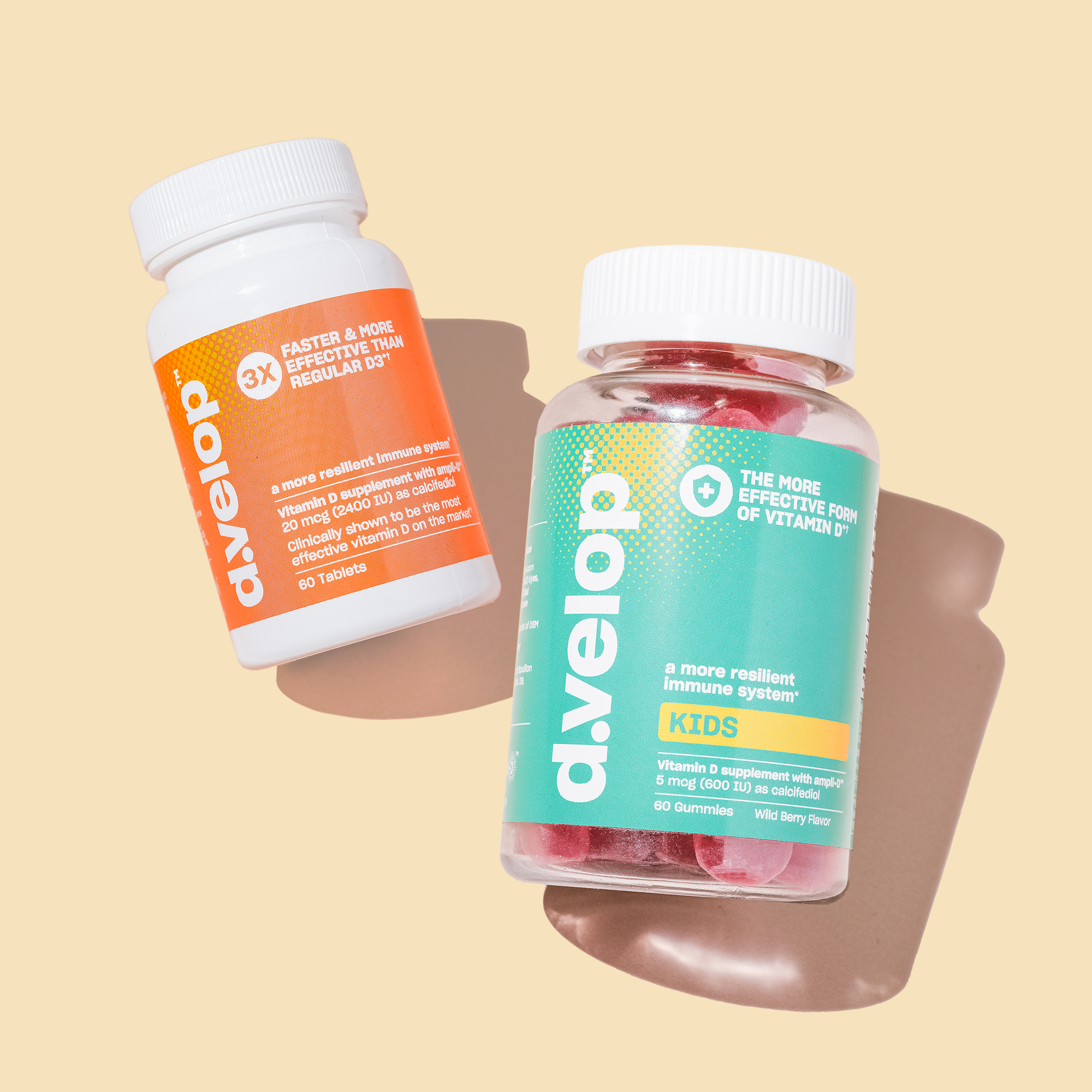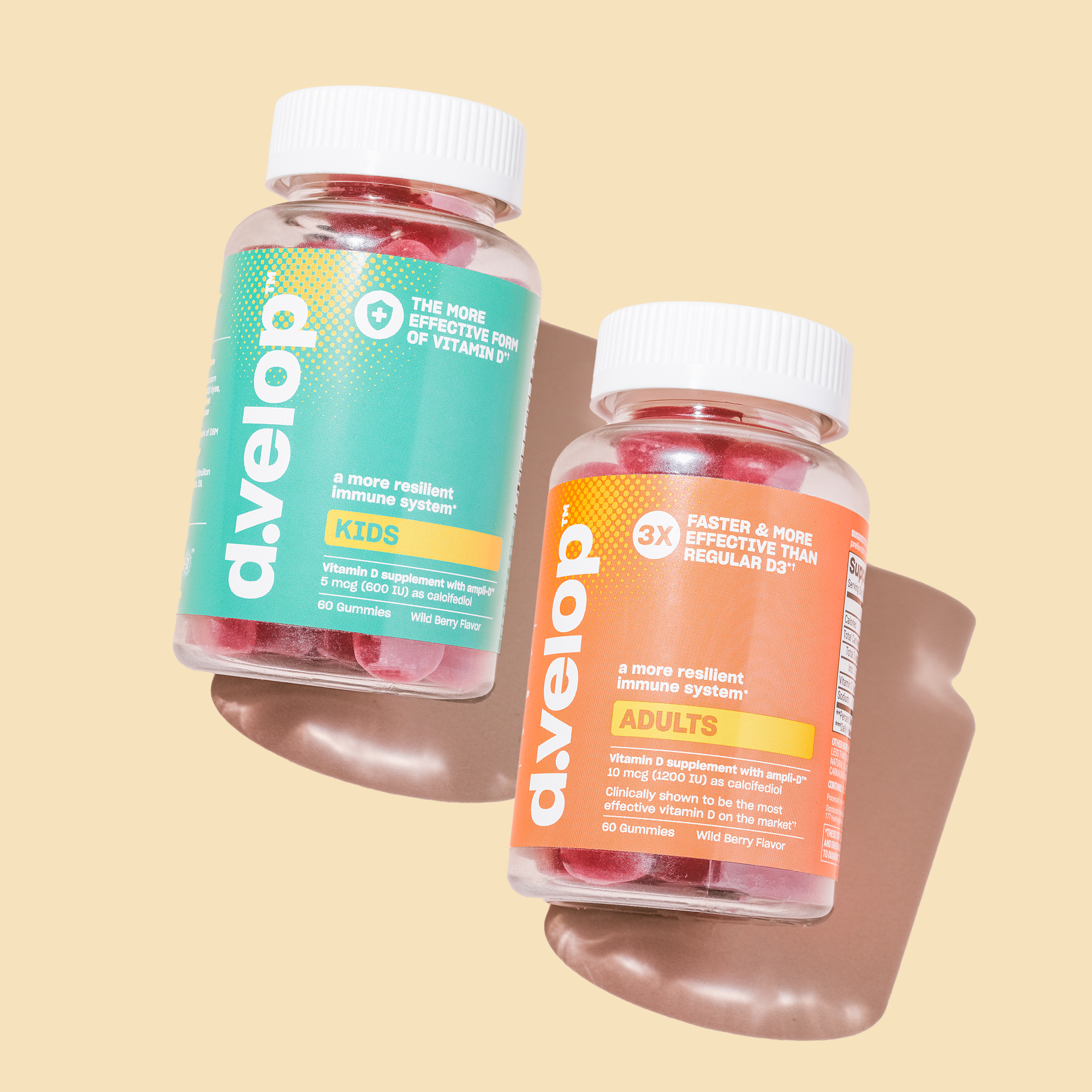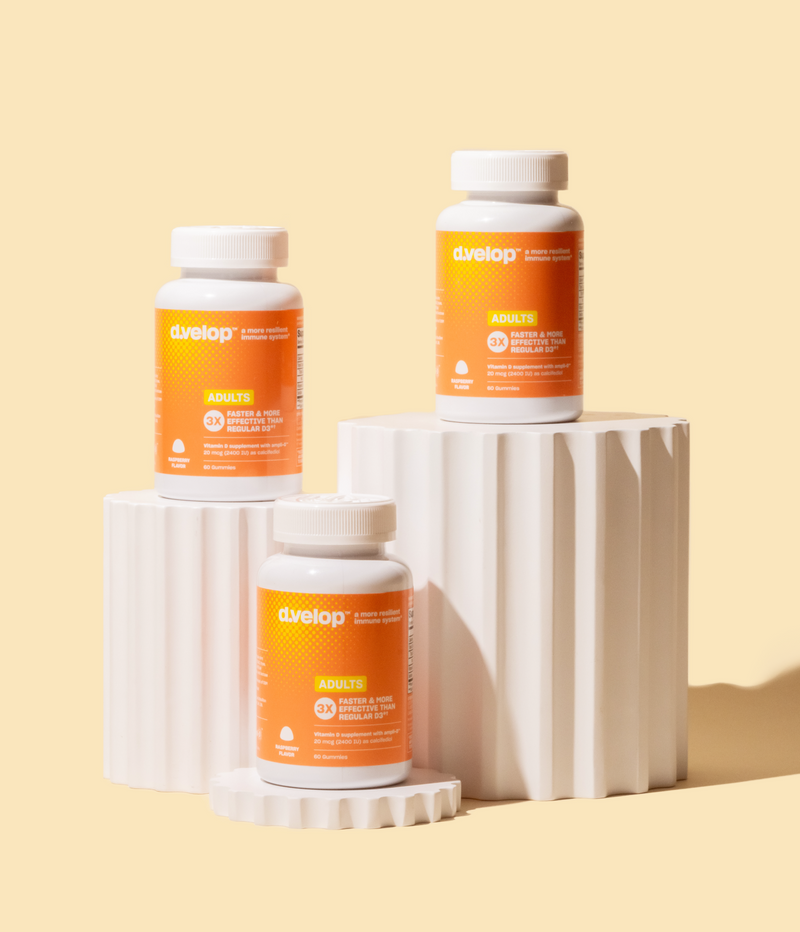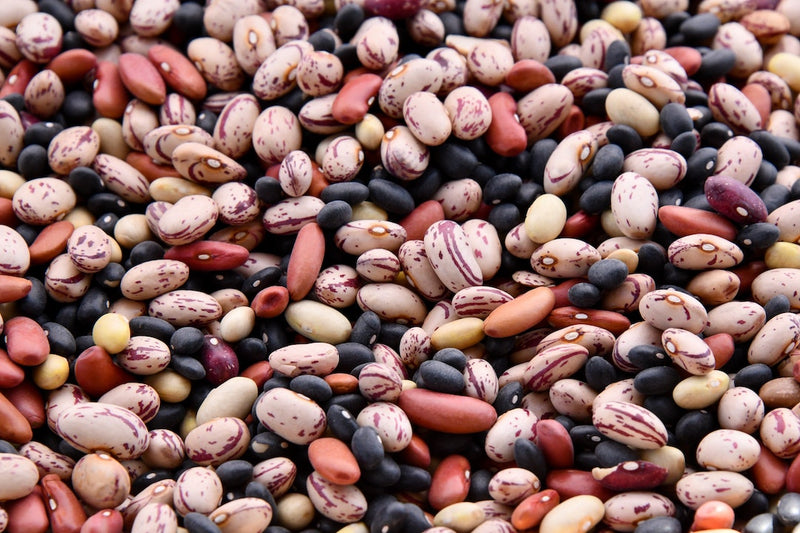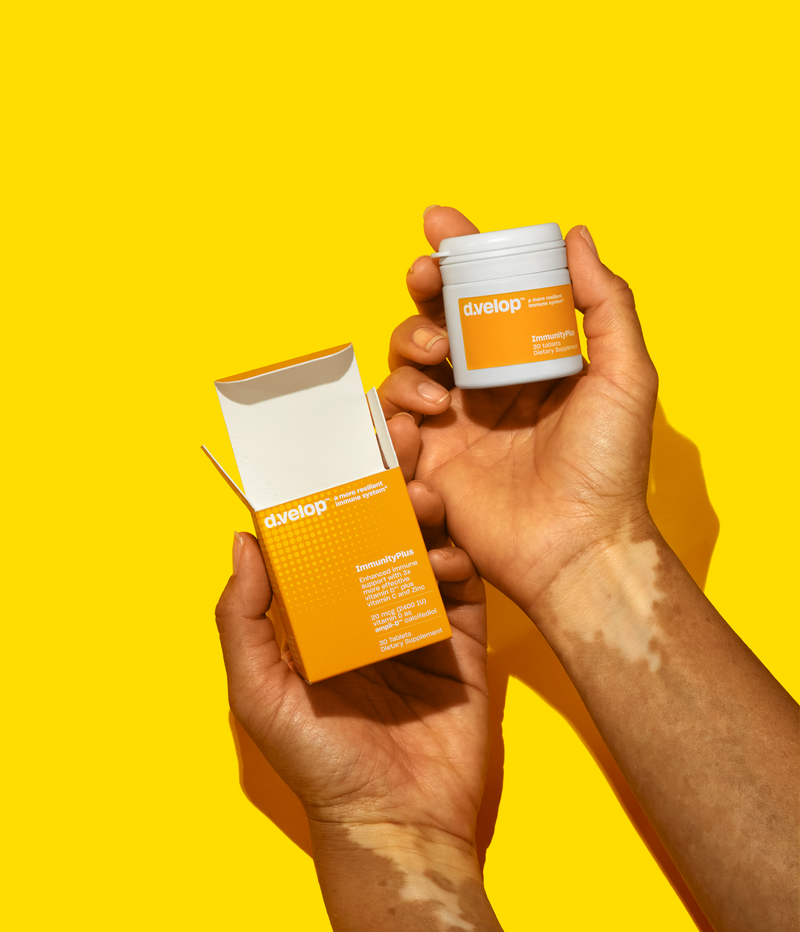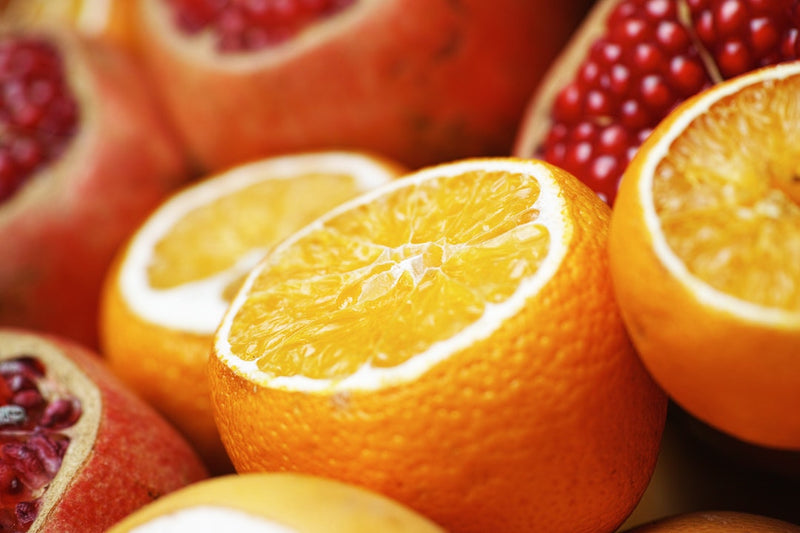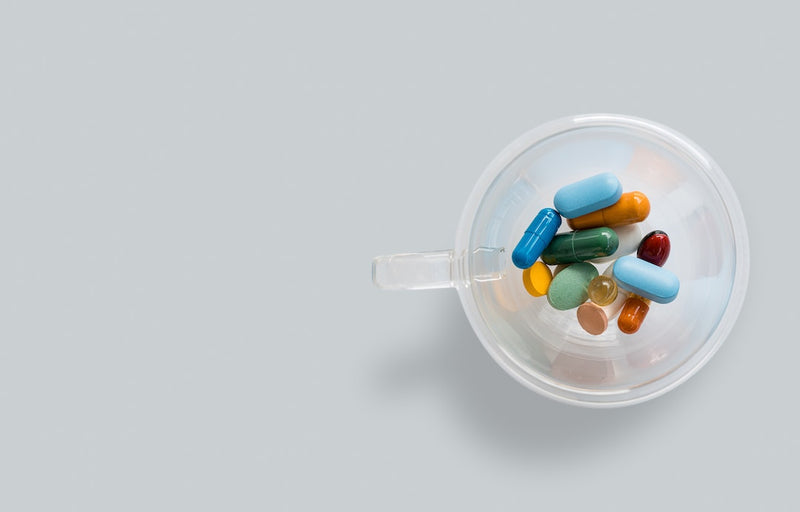What do the nutrition experts really eat?
Registered Dietitians (RDs) are experts when it comes to all things nutrition. RDs have extensive education in nutrition under their belt, many with postgraduate degrees and specialty certifications. RDs can help you navigate through what seems like the confusing and ever changing world of food and “diets”. There are new, and old, fad diets that are always coming and going, and knowing what is actually best for you can be difficult to decipher. So what do the nutrition experts eat? We’ll share our RD expert picks for immune health staples that you will find at the grocery store.
Take a look inside the Registered Dietitian’s grocery cart
Citrus Fruits
Citrus fruits, along with red/yellow vegetables, are an excellent source of vitamin C as well as antioxidants that aid in protecting our DNA from damage (1). Plus citrus fruits are one of nature’s best grab and go foods! Mandarin oranges are great for packing in lunches or for a mid-day snack, and they are also great salad toppers with nuts and balsamic vinaigrette. Another way to get some added vitamin C throughout the day is by adding lemons and limes to drinks for added flavors - double benefits of hydration and nutrients!
Dark, Leafy Greens
Green leafy vegetables like spinach and kale are great sources of folate which may help to relieve stress by helping your body to produce dopamine and serotonin (2). If minimizing stress is part of your immune health journey, there’s nothing wrong with a grab and go bagged salad. Not keen on salads? you can sneak in frozen greens into your next fruit smoothie. Curious whether to buy fresh or frozen - check out our guide here! Having greens on hand helps us to easily add them to dishes by steaming, roasting, or baking them alongside meals for added nutrients.
No-Fuss Snacks
Snacks can be a favorite meal, right? Snacks are a great way to sneak in extra nutrients to your day and also ensure your fueling your body throughout. Ever get a little cranky when you've gone too long without a meal or snack? Being "hangry" (hungry and angry) is actually a sign from your body that it’s time to refuel. Pairing together a carb (for quick energy) and protein (for long-lasting energy) is our recommendation when choosing a snack. Some great on-the-go combos include cheese sticks with mandarin oranges or yogurt with fruit (a carb and protein combo).
Fermented Foods
Fermented foods are another staple for many dietitians when it comes to immune health. Fermented foods have “healthy” bacteria that act as probiotics which are important for gut health. Fermented foods also help our bodies to more easily absorb certain vitamins and minerals (3). Research is also emerging in how these foods may aid in improved symptoms related to mental health and reduce symptoms of stress (4). If you want to incorporate more fermented foods to support your immune system, our favorites are sauerkraut, kimchi, tempeh, probiotic yogurt, kefir and kombucha.
Vitamin Supplements
While healthy nutrient-dense foods are a staple for dietitians, you will be hard pressed to find an RD who doesn’t have quality supplements as part of their daily routine. There is no single way to eat “perfectly” every day. Taking supplements that your body needs each day helps to ensure that you are filling in any nutrient gaps and, in turn, supporting your immune system.
Many dietitians include vitamin D supplements as part of their daily routine. Due to the fact that it is difficult to get enough vitamin D from food alone, coupled with environmental aspects like lack of adequate sun exposure, many people suffer from vitamin D deficiencies (5). Maintaining an adequate vitamin D level is essential for supporting our immune health as it is responsible for helping the immune system to distinguish unhealthy foreign invaders (6).
Individualize your nutrition
While these tips may work for you as an important part of your immune-boosting routine, it is important to remember that nutrition is not a one-size-fits-all approach. When it comes to fruits and vegetables, it is ok if you don’t like every single one. Focus on incorporating a variety of colors into meals from the foods you do like. Also, keep in mind that while many people could benefit from a nutritional supplement, it is important to check in with your healthcare provider before starting supplementation.
There are lots of ways to improve your immune health, from ensuring you are getting at least 7-8 hours of sleep each night to including at least 30-60 minutes of physical activity each day. Ensuring we are maintaining an overall healthy lifestyle from what we do with our bodies, to what we put in them is the key to achieving optimal immune health. Next time you head to the grocery store, try picking out one new food that can support your immune health.
Author: Laura Ward, MS, RD, LD, IBCLC
References
- Pawlowska E, Szczepanska J, Blasiak J. Pro- and antioxidant effects of vitamin C in cancer in correspondence to its dietary and pharmacological concentrations. Oxidative Medicine and Cellular Longevity. https://www.hindawi.com/journals/omcl/2019/7286737/. Published December 24, 2019. Accessed March 23, 2022.
- Yan L. Dark Green Leafy Vegetables. Dark Green Leafy Vegetables : USDA ars. https://www.ars.usda.gov/plains-area/gfnd/gfhnrc/docs/news-2013/dark-green-leafy-vegetables/#:~:text=They%20also%20contain%20high%20levels,helps%20prevent%20certain%20birth%20defects. Published August 13, 2016. Accessed March 23, 2022.
- Parker EA, Roy T, D'Adamo CR, Wieland LS. Probiotics and gastrointestinal conditions: An overview of evidence from the Cochrane Collaboration. Nutrition (Burbank, Los Angeles County, Calif.). https://www.ncbi.nlm.nih.gov/pmc/articles/PMC5683921/. Published January 2018. Accessed March 23, 2022.
- Aslam H, Green J, Jacka FN, et al. Fermented foods, the gut and mental health: A mechanistic overview with implications for depression and anxiety. Nutritional neuroscience. https://pubmed.ncbi.nlm.nih.gov/30415609/. Published November 11, 2018. Accessed March 23, 2022.
- Hilger J, Friedel A, Herr R, et al. A systematic review of vitamin D status in populations worldwide: British Journal of Nutrition. Cambridge Core. https://www.cambridge.org/core/journals/british-journal-of-nutrition/article/systematic-review-of-vitamin-d-status-in-populations-worldwide/69657BC57AF7A214271655C5463F5293. Published August 9, 2013. Accessed March 23, 2022.
- Konijeti GG, Arora P, Boylan MR, et al. Vitamin D supplementation modulates T cell-mediated immunity in humans: Results from a randomized control trial. The Journal of clinical endocrinology and metabolism. https://www.ncbi.nlm.nih.gov/pmc/articles/PMC4880125/. Published December 14, 2016. Accessed March 23, 2022.
